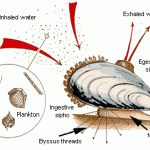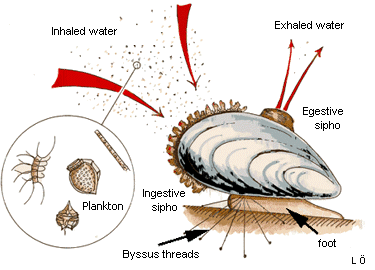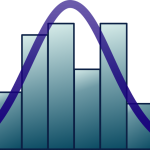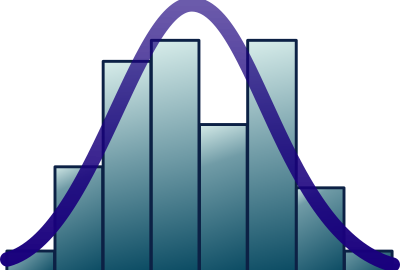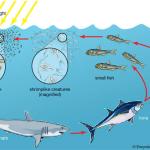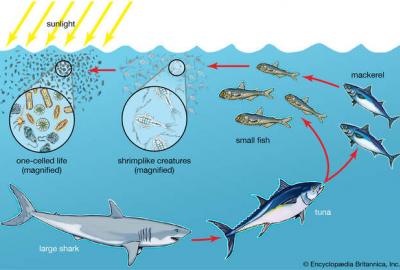Physiological Energetics of Marine Organisms
Physiological basis of energetic exchanges between marine animals and environment are analysed. Aims to present the tools that Physiological Energetics provides to understand the basis of energy exchanges and constrains to attain high rates of growth and to present the tools that Physiological Energetics provides to evaluate sublethal effects of pollutants on individual growth and reproductive potential. At the end of the Unit, you should be able to perform critical Analysis of literature data on Scope For Growth, express (write and analyse) experimental results obtained in the laboratory and design experiments.
Course Contents
- The course is organised into two sections: discussion of general principles of physiological energetics; and two independent and complementary modules developing concepts and methods within the framework of production and toxic effects of pollutant agents.
- Lectures and laboratory experiments deal with the physiological parameters of the energy balance, such as: rates of food ingestion and absorption; absorption efficiency; metabolic rate; excretion rate; and the resulting scope for growth.
- Modules on production and pollution follow the pattern of a case study where experimental results are thoroughly discussed.
Final Competences
- Handle information Scope For Growth provides as regards to understanding actual growth and factors that may potentially affect growth rate.
- Design simple experiments to measure the scope for growth in marine animals.
Further course information can be found here: https://studiekiezer.ugent.be/2026/studiefiche/en/C004233

